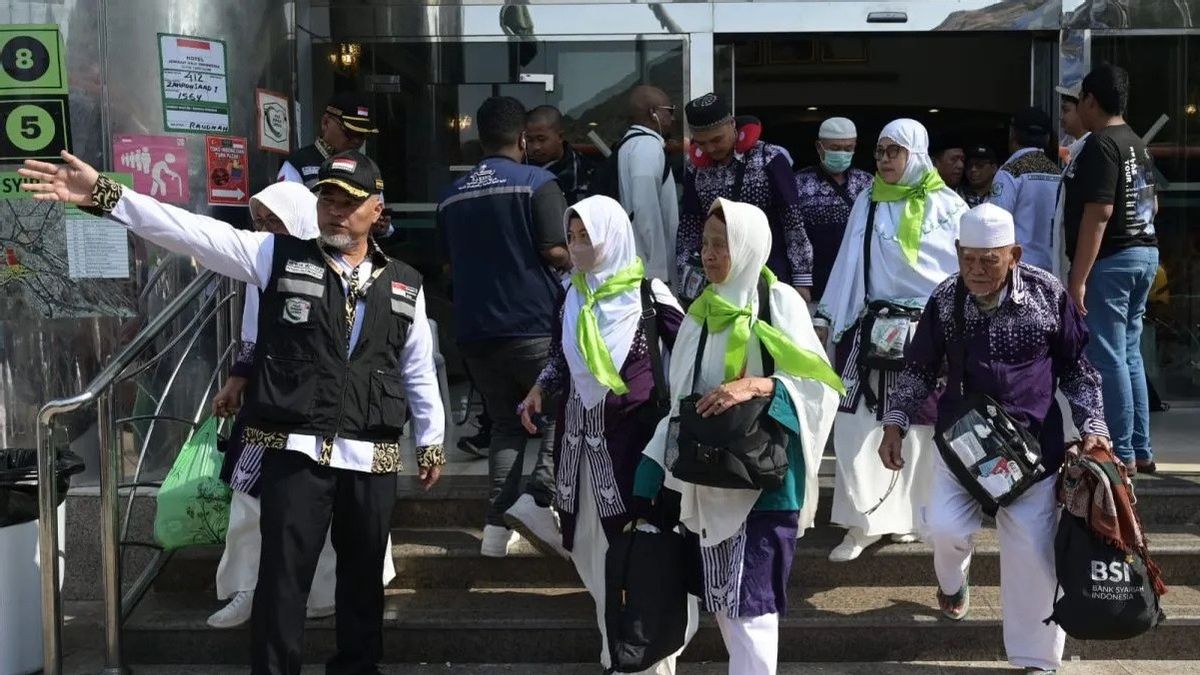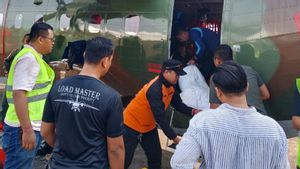JAKARTA - Saudi Arabia's Hajj Organizers (PPIH) reported that the number of Indonesian Hajj deaths in the Arafah, Muzdalifah, and Mina (Armuzna) phases in 2024 fell compared to last year's Hajj season.
The Head of the PPIH Health Division, Indro Murwoko, said that 40 Indonesian Hajj participants died during this period. A total of 11 people died in Arafah and 29 people died in Mina.
"The congregation died as a whole there were 40 (people). From that data, some died in tents, health posts, and Saudi Arabian hospitals, both in Arafah and Mina," said Indro in Makkah, Saturday, June 22, 2024.
The Integrated Hajj Computerization System (Siskohat) recorded that the number of Hajj participants who died in the Armuzna period in 2023 was 64 people, consisting of 13 people who died in Arafah and 51 people in Mina.
SEE ALSO:
Indro further said that Indonesian pilgrims who died in the Holy Land received treatment according to procedures. When a pilgrimage dies, health workers will make a Certificate of Death (COD).
After that, the officer will coordinate with the Maktab Office or the Daker Sector / Office to complete other administrative requirements, such as a letter of willingness to be buried.
"After the administration is prepared, it is usually submitted to Masyariq or Maktab for the restoration process," said Indro again.
The Armuzna period began on 8 Zulhijjah following the departure of Indonesian pilgrims from the hotel in Makkah to Arafah to undergo wusuf. From Arafah, the congregation moved to Muzdalifah for mabit (staying), followed by Mina.
The congregation stayed at Mina for at least three days from 10 Zulhijjah. The peak phase of the hajj ended on 14 Zulhijjah, marked by the return of the congregation who took Nafar Tsani from Mina to a hotel in Makkah
Given the hot weather in Saudi, while waiting for the return schedule, Indro advised the congregation to limit their activities outside the hotel. Moreover, pilgrims with high risk health conditions (risti) and the elderly (elderly).
According to Indro, the assumption that spending time in the Holy Land to increase activities without caring about health conditions is wrong. In fact, it can be dangerous.
The English, Chinese, Japanese, Arabic, and French versions are automatically generated by the AI. So there may still be inaccuracies in translating, please always see Indonesian as our main language. (system supported by DigitalSiber.id)













